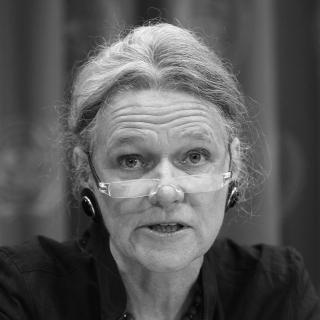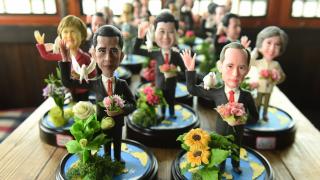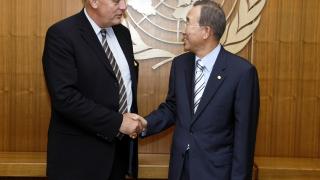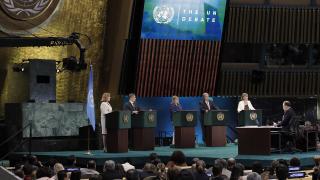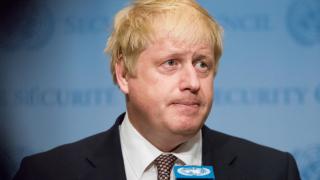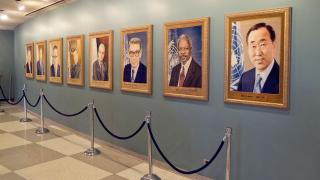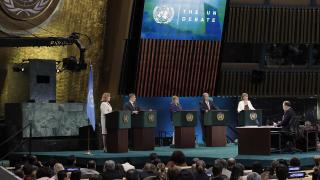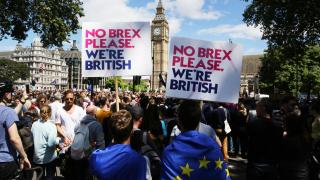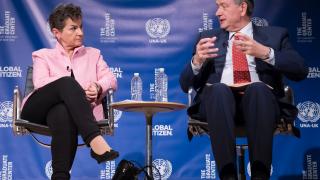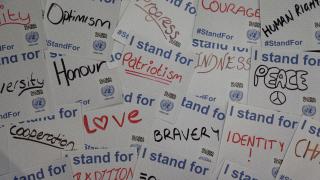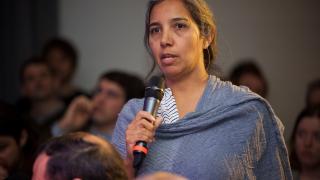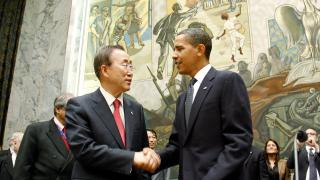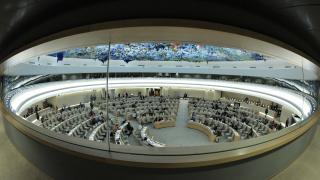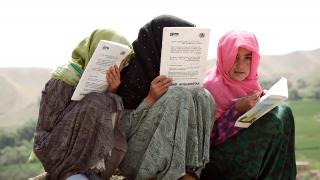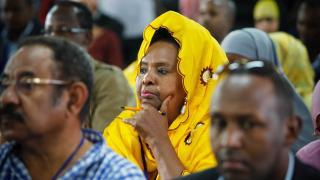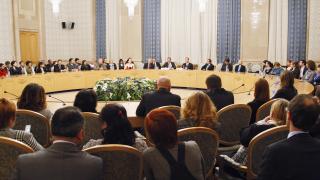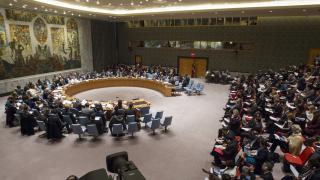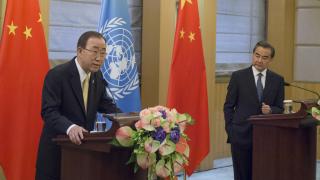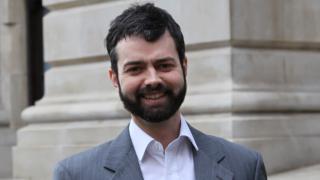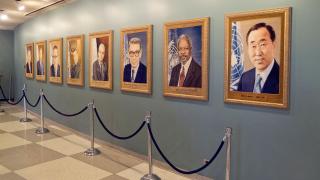
After eight men, a growing number of voices are calling for a female Secretary-General. Others insist that the best possible person, regardless of gender or region, should be appointed. Below, Shazia Rafi and Yvonne Terlingen make their case.
SHAZIA:
“My dear, I am coming to meet your family for tea”, said the President of Parliamentarians for Global Action, Murli Deora, after gruelling final interviews for the position of Secretary‑General. The next day, after telling me that I had the job, he added, “You were the best candidate. The Board was hesitating as you are a mother of small children – so I decided to see for myself how you managed.”
This was in 1996. This July, as we saw six senior women take centre stage at the UN General Assembly ‘townhall’ meeting with Secretary‑General candidates, I thought, we have come far indeed.
In the UN’s 70th year, after eight men, a woman representing the other 50 per cent of the globe as the ninth UN Secretary-General should be a given
In 2015, female UN experts started sounding out potential candidates with the stature, experience and power to be credible. Colombia formed a Group of Friends in Support of a Woman Secretary‑ General – it now comprises almost a third of the UN membership. In July, the Security Council, which makes the initial recommendation, held its first ‘straw polls’. Six women and six men crossed the first hurdles – won their national ‘primaries’ to be their government’s candidate, and presented their credentials to the UN General Assembly in the UN’s first open, transparent selection process, including answering questions in a televised townhall debate. (Three – two women and one man – have since dropped out.)
In the UN’s 70th year, after eight men, a woman representing the other 50 per cent of the globe as the ninth UN Secretary‑General should be a given. Even the male candidates struggled to answer why it should be another man. Selecting a qualified woman would support the UN’s yet‑to‑be‑implemented commitment to gender equality and bring new approaches to the UN’s entire programme of work – a woman, peace and human security agenda.
The female candidates made this case themselves; they dominated the stage at the General Assembly, effectively answering questions on peacekeeping, environment, development, internal management, fundraising, staff discipline and handling the powerful permanent five members of the Security Council. Between them, they have run major UN agencies, national governments, and ministries.
The question before the 15 Council members, who between them have just one female head of government (UK Prime Minister Theresa May) and one female UN ambassador (Samantha Power of the US) is not whether it is time for a woman, but which woman to choose.
YVONNE:
Visit the United Nations building in New York and you will be confronted by portraits of its eight Secretaries‑General in a row. The effect is striking: all are men. Prior to 2016, just three women made it to the shortlist drafted by the Security Council, which has dominated the hitherto secretive selection process, rubber‑stamped by a compliant General Assembly. (They were Vijaya Lakshmi Pandit of India in 1953, Gro Harlem Brundtland of Norway in 1991 and Vaira Vīķe‑Freiberga of Lativa in 2006.)
Clearly, it is time for change. Yet should a woman be selected because she is woman? Only if she is the best candidate
No wonder that some 50 countries have joined Colombia in pressing for a woman to get the post, and that the General Assembly has specifically urged states to consider presenting female candidates – a call echoed by 1 for 7 Billion. In an organisation where gender balance is an aspiration but not a reality, it is excellent that half of the 12 individuals nominated so far are women. Two have since withdrawn (as has one man) after four Security Council straw polls, in which many UN watchers felt that highly experienced women fared worse than less experienced men.
Clearly, it is time for change. Yet should a woman be selected because she is woman? Only if she is the best candidate. Indeed, successive General Assembly resolutions, including the historic resolution 69/321 of 2015 – which set the stage for the more open and transparent process we now see – have stressed the need to ensure the appointment of the best possible candidate. Should the most qualified candidate – possessing vision, charisma and, above all, the courage to uphold UN principles – be a man, then it should be him.
Of course, we should be mindful of existing bias. While many states are calling for a female Secretary‑General, there has been also an appalling backlash against women’s rights. And we should take care to ensure that selection criteria does not reflect this, for example, by putting weight on particular types of experience, such as national politics, where men still dominate.
Ban Ki‑moon has made commendable efforts to address the gender imbalance in senior UN posts, but he is faltering now that he is nearing the end of his term. The five permanent Security Council members who monopolise many senior UN posts nearly always put forward men. The next Secretary‑General must address this. Candidates should be judged on whether they have concrete and realistic plans to close the gender gap at the UN. Those with the best plans might even turn out to be men …
Photo: Portraits of the eight men who have served as UN SecretaryGeneral since 1946 © Randy Duchaine/Alamy Stock Photo

